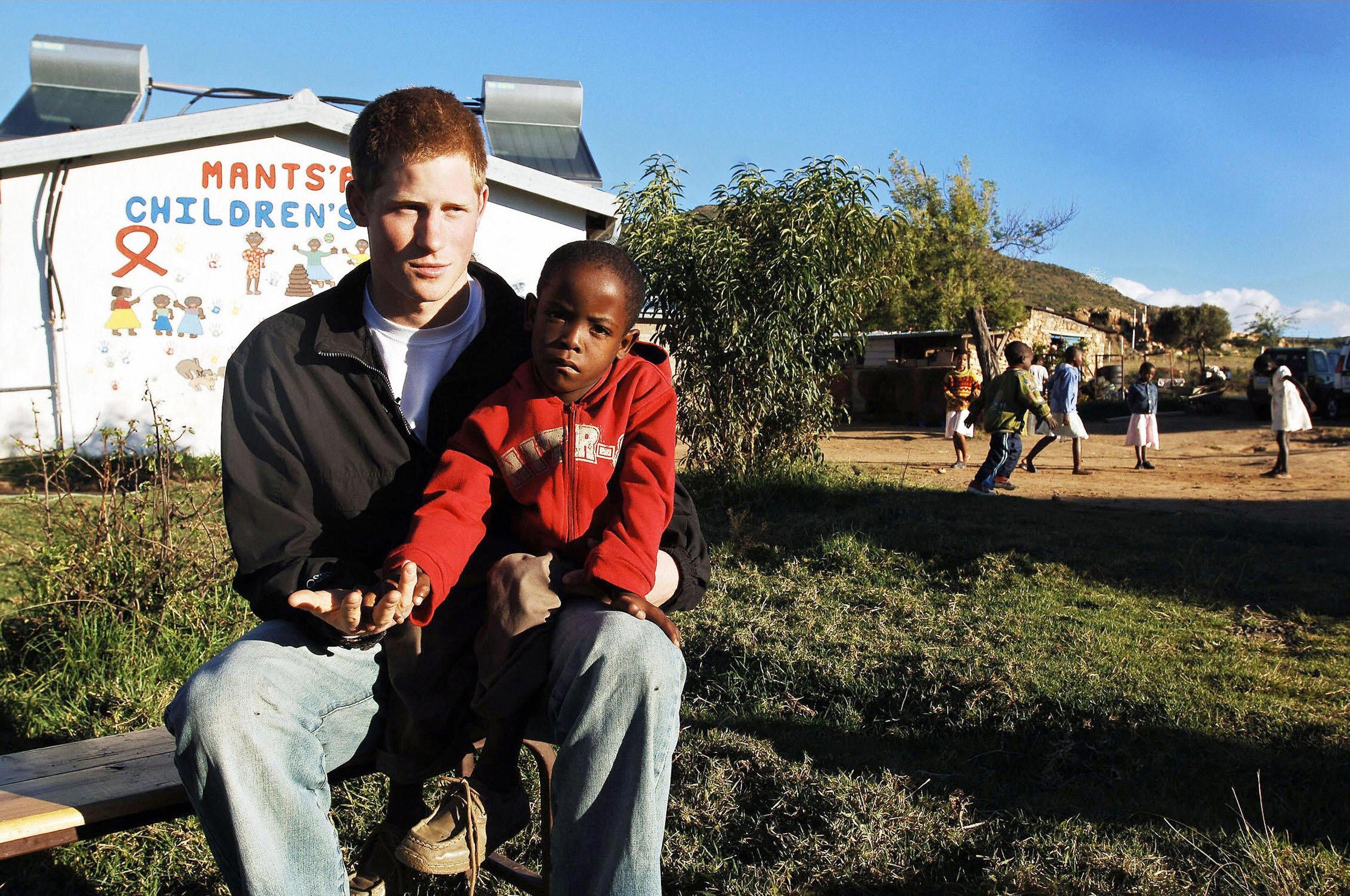Prince Harry says he hopes the Charity Commission will uncover the truth about what caused him to resign as patron of his charity Sentebale, claiming “blatant lies” had been told amid a boardroom battle.
The commission has announced it is escalating its investigations into “concerns raised” about the charity he founded, a week after it emerged the Duke of Sussex had quit as patron and a string of trustees had also stepped down.
The watchdog said on Thursday it had opened a regulatory compliance case into Sentebale.
In response, the prince said the fallout of his resignation had been “heartbreaking to witness” and that he hoped the Charity Commission would “unveil the truth that collectively forced us to resign”.

The royal founded the organisation in 2006 in honour of his mother Diana, Princess of Wales, with Prince Seeiso of Lesotho, to help young people and children in southern Africa, particularly those with HIV and Aids.
Last week it emerged that several trustees had left the charity in a dispute with its chairwoman, Sophie Chandauka, after requesting her resignation.
Harry and Prince Seeiso backed the departing trustees and announced they had resigned as patrons until further notice.
The duke said of the investigation’s escalation: “From the inception of Sentebale nearly 20 years ago, Prince Seeiso and I have had a clear goal: to support the children and young people in Southern Africa in memory of our mothers.
“What has transpired over the last week has been heartbreaking to witness, especially when such blatant lies hurt those who have invested decades in this shared goal.
“No one suffers more than the beneficiaries of Sentebale itself.
“On behalf of the former trustees and patrons, we share in the relief that the Charity Commission confirmed they will be conducting a robust inquiry.
“We fully expect it will unveil the truth that collectively forced us to resign.
“We remain hopeful this will allow for the charity to be put in the right hands immediately, for the sake of the communities we serve.”
Board chairwoman Ms Chandauka said she welcomed the case being opened by the Charity Commission and hoped the outcome could comfort the public that the charity and its new trustees were acting appropriately.
She said: “For completeness, I should mention that we initiated an internal governance review last year, the findings of which we will share with the Charity Commission.”
The trustees said last week that their resignations came “with heavy hearts”, adding that it was devastating that their relationship with “the chair of the board broke down beyond repair, creating an untenable situation”.
Ms Chandauka alleged there had been “poor governance, weak executive management, abuse of power, bullying, harassment, misogyny, misogynoir [racism against Black women]”.
She also appeared to criticise Harry for going to the press and for what she described as “playing the victim card”.
At the weekend, Ms Chandauka claimed the duke had tried to eject her from the charity through bullying and harassment.
A source close to the former trustees and patrons dismissed Ms Chandauka’s comments as a “publicity stunt”.
The commission said it had informed the charity on Wednesday that it had “opened a regulatory compliance case to examine concerns raised about the charity”.
The dispute, according to The Times, arose over a decision to focus fundraising on Africa.
Former trustees Timothy Boucher, Mark Dyer – a mentor and close friend of Harry’s – Audrey Kgosidintsi, Kelello Lerotholi and Damian West said their decision to resign was devastating but was the “result of our loss in trust and confidence in the chair of the board”.
Opening a regulatory compliance case allows the watchdog to gather evidence and “assess the compliance of the charity and trustees past and present with their legal duties and responsibilities under charity law”.
It is not the same as a statutory inquiry.
The commission, which said the decision to open a case came after assessing initial concerns raised, said it was in direct contact with parties who had raised concerns.
Regulatory compliance cases can lead to a range of outcomes, including an official warning being given to a charity or a statutory inquiry being opened, which can give the commission additional powers of investigation.

